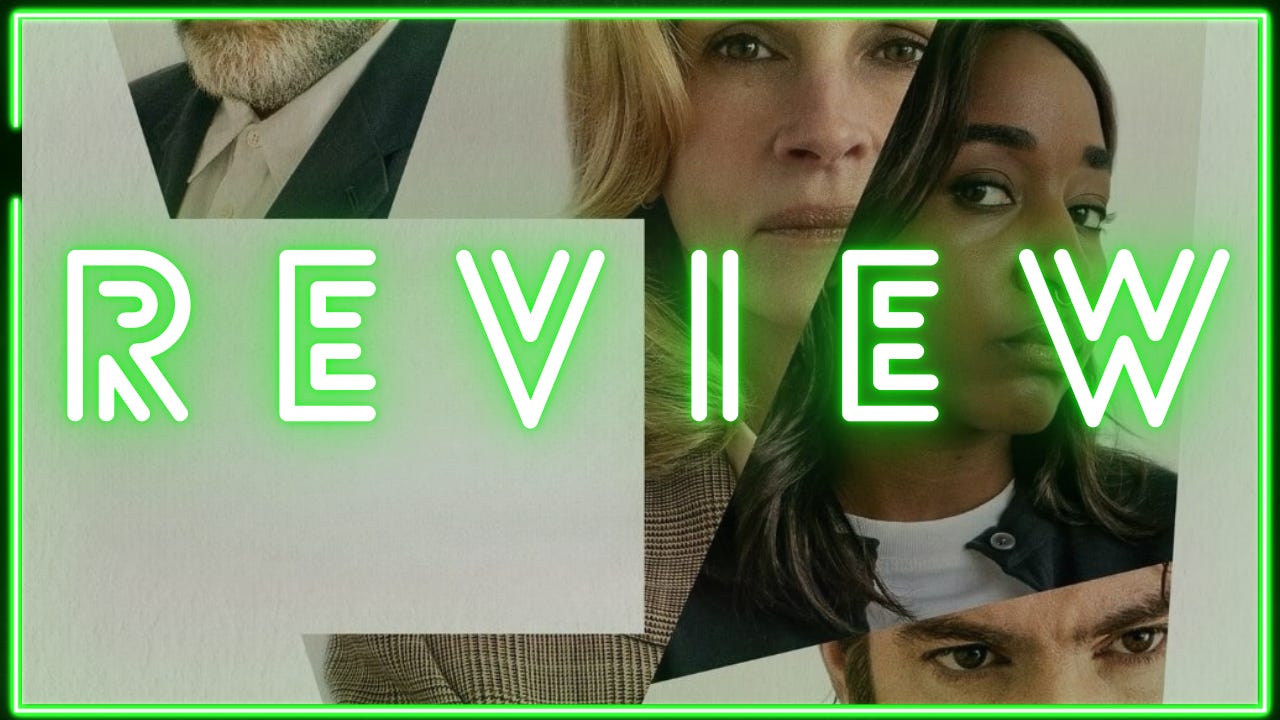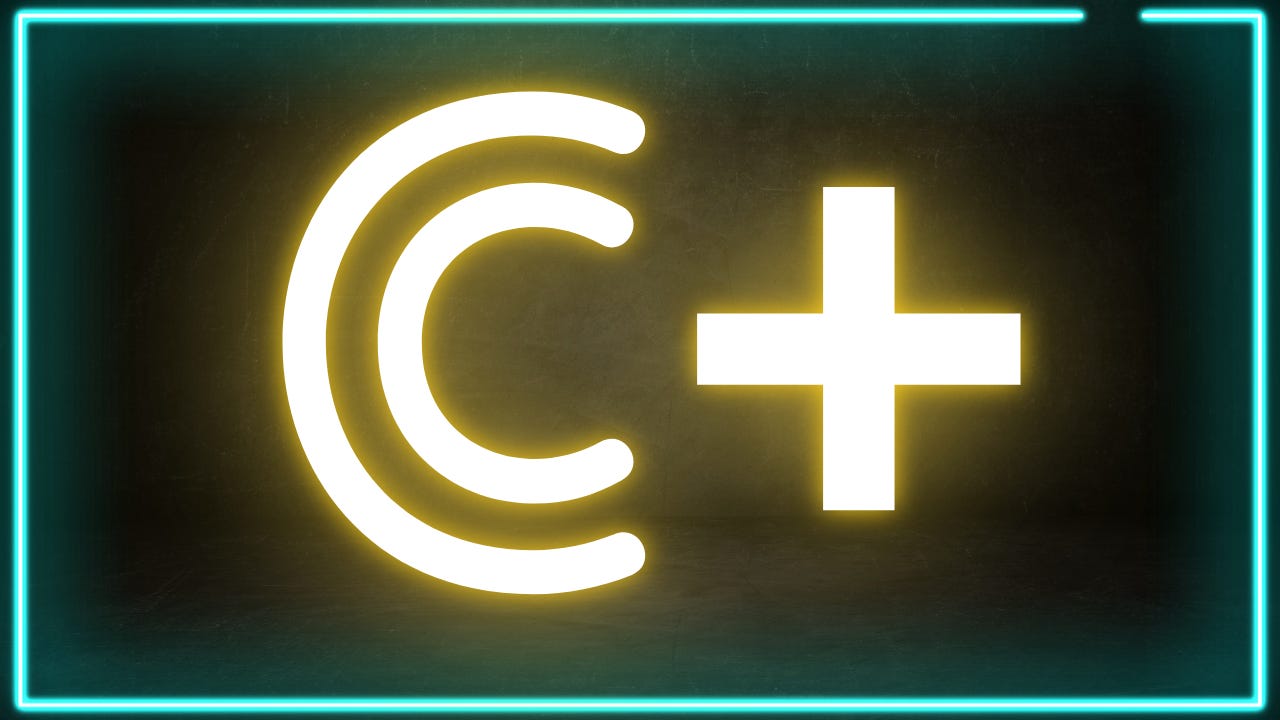Film Review: After The Hunt
Not Everything Is Supposed To Make You Comfortable
INTRODUCTION
This is a quick review of the newly released film After The Hunt. Please note that this is just one of the many movies I will have watched each year, and my initial grade for this film may change over time, for better or worse. To stay up to date on my thoughts about other movies and any potential changes in my opinion on this one, follow me on Letterboxd.
If you enjoy these reviews, I’d greatly appreciate it if you could share this newsletter with family and friends who might love receiving film reviews, classic movie lists, and Oscars projections straight to their inbox.
PLOT
Via Letterboxd: A college professor finds herself at a personal and professional crossroads when a star pupil levels an accusation against one of her colleagues, and a dark secret from her own past threatens to come to light.
REVIEW
One can’t help but wonder if the mixed reactions After The Hunt has received since its premiere at the Venice Film Festival, which effectively ended its bid to be a major awards player this season, might have been more forgiving had it come out in, say, 2018 or 2020. Back then, the so-called “woke” movement was in full swing, and the “Me Too” conversations were still very much a part of the cultural zeitgeist. Instead, the film arrives at a time when the public has soured so much so on those discussions, that the pendulum seems to already be about to swing in the opposite direction, if recent polling trends are to be believed. And yet, for as smart as this movie thinks it is, it’s also an incredibly messy, poorly executed attempt at sparking any meaningful conversation.
I’ll admit up front that I’ve never been the biggest Luca Guadagnino fan. The concepts of his films, on paper, tend to be almost scientifically designed to not be my cup of tea. Yet the man is undeniably talented at what he does, so much so that walking into After The Hunt I hadn’t seen a single film of his over the past eight years I’d outright give a negative review to. Even Challengers got a soft B– from me when I logged it onto Letterboxd, and that movie features just about every kind of story trope I typically loathe. That says something about why Guadagnino is such a respected director, and why so many continue to root for him to find his way back into awards contention.
I genuinely thought After The Hunt might be that movie when it was first announced in the spring. I even had it just outside my predicted Best Picture lineup at the Oscars. For the first time, one of his projects actually intrigued me from the premise alone. Not only was Guadagnino tackling prickly subject matter, but he’d assembled an impressive ensemble that included Julia Roberts, Ayo Edebiri, Andrew Garfield, Michael Stuhlbarg, and Chloe Sevigny, among others. It sounded like a film that could appeal to wider audiences, and maybe even be more my speed. Oh, and I nearly forgot to mention that it was being scored by Trent Reznor and Atticus Ross, who’ve created some of my favorite film scores of the modern era.
So imagine my surprise when those mixed festival reviews turned out to be right, and the one Luca film that seemed poised to connect with a broader audience ended up being a dud for me. To be frank, the most memorable part of my screening experience was getting an excellent parking spot, and then watching two audience members nearly get into a fistfight five minutes into the movie because one called out the other for having their phone out.
I honestly don’t know where to begin with After The Hunt, because its problems ultimately come down to just how messy the execution is. Let’s start with the direction, which is easily Guadagnino’s weakest to date. The cinematography relies far too heavily on close-ups and POV shots, to the point of distraction. Instead of pulling me into the film’s tension, they repeatedly pulled me out of it.
Then there’s the dialogue, so pretentious at times it felt like these weren’t real conversations between real people, but rather actors trapped in a writing workshop about what it sounded like to have intellectual conversations. The characters themselves are barely accessible; all but one range from frustrating to outright unlikable. The lone exception, oddly enough, is Stuhlbarg’s character, who I found sympathetic in the way one feels for a love-sick puppy that keeps getting kicked by its owner.
To the cast’s credit, they all try with the rough material, though some are clearly miscast. It pains me to say it, but Ayo Edebiri feels especially out of place here, though I’ll refrain from echoing a certain film journalist’s reasoning for that, since it made me want to take a shower just reading it.
The biggest shock of all, though, was how much I loathed the score. Loud and abrasive in the worst possible ways, it felt like Reznor and Ross trying to replicate what Volker Bertelmann achieved with All Quiet On The Western Front and Conclave. But where those scores became integral to their films’ identities, this one plays like an obnoxious pest that refuses to go away. I’m still stunned at how such a talented team missed the mark this badly.
Now, given all that, you might be surprised to learn I’m giving this a very soft C+. It probably sounds more like a C– review, and maybe it is; but I’ll give After The Hunt credit where it’s due. For about two-thirds of its runtime, there’s still some potential peeking through the cracks. As messy as it is, as unlikable as the characters are, and as grating as the score becomes, I remained curious about where it was all heading. There are glimpses of a much better film buried within this one, had it been in the hands of a different director or featured a more fitting cast. Unfortunately, everything collapses in the third act, when the movie tries to untangle too many threads at once and ends up saying, well, I’m not entirely sure what it was trying to say.
Maybe Luca’s real strength lies in more unconventional storytelling, because this should’ve been a sharp, engrossing thriller. Instead, it’s a muddled, ambiguous art piece that misses nearly every target it aims for. For the first time since I started following his work, I have to give a Guadagnino film a negative grade; and even then, that C+ might be me grading on a curve.
“TL;DR”
Pros: Performers are clearly trying their best to elevate the material they’re given; Has its moments of showing potential had the execution been stronger
Cons: A few performances here feel miscast; The dialogue comes off too pretentious for its own good at times; Cinematography has issues as it relies on a comically amount of too many close-ups; One of the worst film scores I’ve ever heard from a movie; Ultimately feels like it doesn’t have much to say
GRADING




